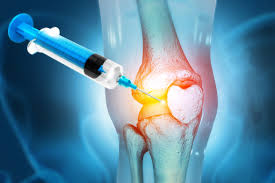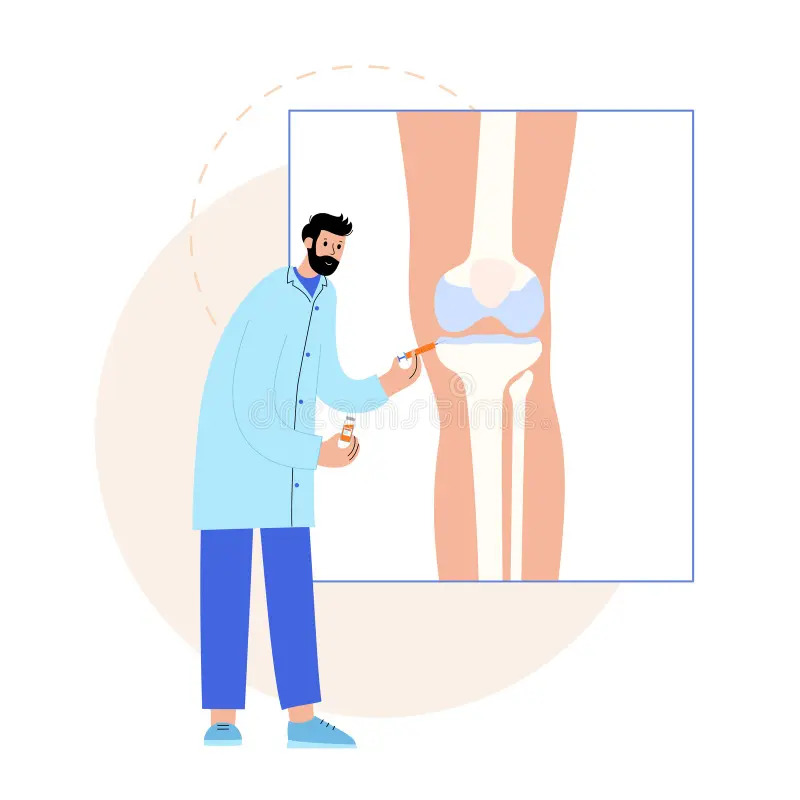
What is Injection Therapy?
Injection therapy is a medical treatment that involves the administration of medication directly into the body through an injection. It is commonly used for a variety of conditions such as arthritis, diabetes, pain management, and autoimmune diseases. The therapy is administered through different routes, such as subcutaneous, intramuscular, or intravenous injections, depending on the type of medication and the condition being treated.
Types of Injection Therapy
• Corticosteroid Injections: Used to reduce inflammation in joints, muscles, or tissues, commonly prescribed for conditions like arthritis, tendonitis, or bursitis.
• Biologic Injections: Specialized medications, often used for autoimmune diseases like rheumatoid arthritis, psoriasis, and inflammatory bowel disease. They target specific immune responses to reduce inflammation.
• Pain Relief Injections: Include medications such as local anesthetics or opioids, used to manage acute or chronic pain, often in conditions such as back pain or cancer-related pain.
• Vaccination Injections: Preventative injections designed to protect against infections such as flu, hepatitis, and others by stimulating the body’s immune response.


Common Conditions Treated with Injection Therapy
• Arthritis: Steroid injections or biologics can relieve pain and reduce inflammation in joints affected by rheumatoid arthritis, osteoarthritis, or psoriatic arthritis.
• Chronic Pain: Conditions like back pain or sciatica can be managed with pain relief injections to provide long-term relief from chronic discomfort.
• Diabetes: Insulin injections are used for type 1 and type 2 diabetes to manage blood sugar levels and prevent complications.
• Autoimmune Diseases: Injection therapies with biologic agents help modulate the immune response in conditions such as lupus, Crohn’s disease, and multiple sclerosis.
Key Considerations for Injection Therapy

Benefits of Injection Therapy
• Faster Relief: Injections often provide quicker results compared to oral medications since the drug enters the bloodstream immediately.
• Targeted Treatment: Injections allow for direct delivery of medication to a specific area, resulting in more localized and effective treatment.
• Convenience: Some injection therapies, such as those for diabetes or autoimmune diseases, can be self-administered at home, reducing frequent doctor visits.
• Reduced Side Effects: For certain medications, injections may have fewer systemic side effects compared to oral or systemic treatments.
Side Effects and Risks
• Injection Site Reactions: Redness, swelling, or pain at the injection site are common, but these reactions typically subside within a few hours.
• Infection: Any injection carries a small risk of infection at the injection site if proper hygiene is not followed.
• Allergic Reactions: Some individuals may have allergic reactions to certain injectables, which can range from mild rashes to severe reactions like anaphylaxis.
• Systemic Side Effects: In rare cases, systemic side effects such as dizziness, nausea, or changes in blood pressure may occur, especially with powerful drugs like biologics or pain relief injections.


Long-Term Outlook and Monitoring
Injection therapy may provide long-lasting relief for chronic conditions, but it requires regular monitoring by a healthcare provider. For some conditions, such as arthritis or autoimmune diseases, injections are part of a long-term management strategy. Regular follow-up appointments ensure that the therapy is effective and allows adjustments to the treatment plan as needed to maintain optimal health and minimize side effects.
